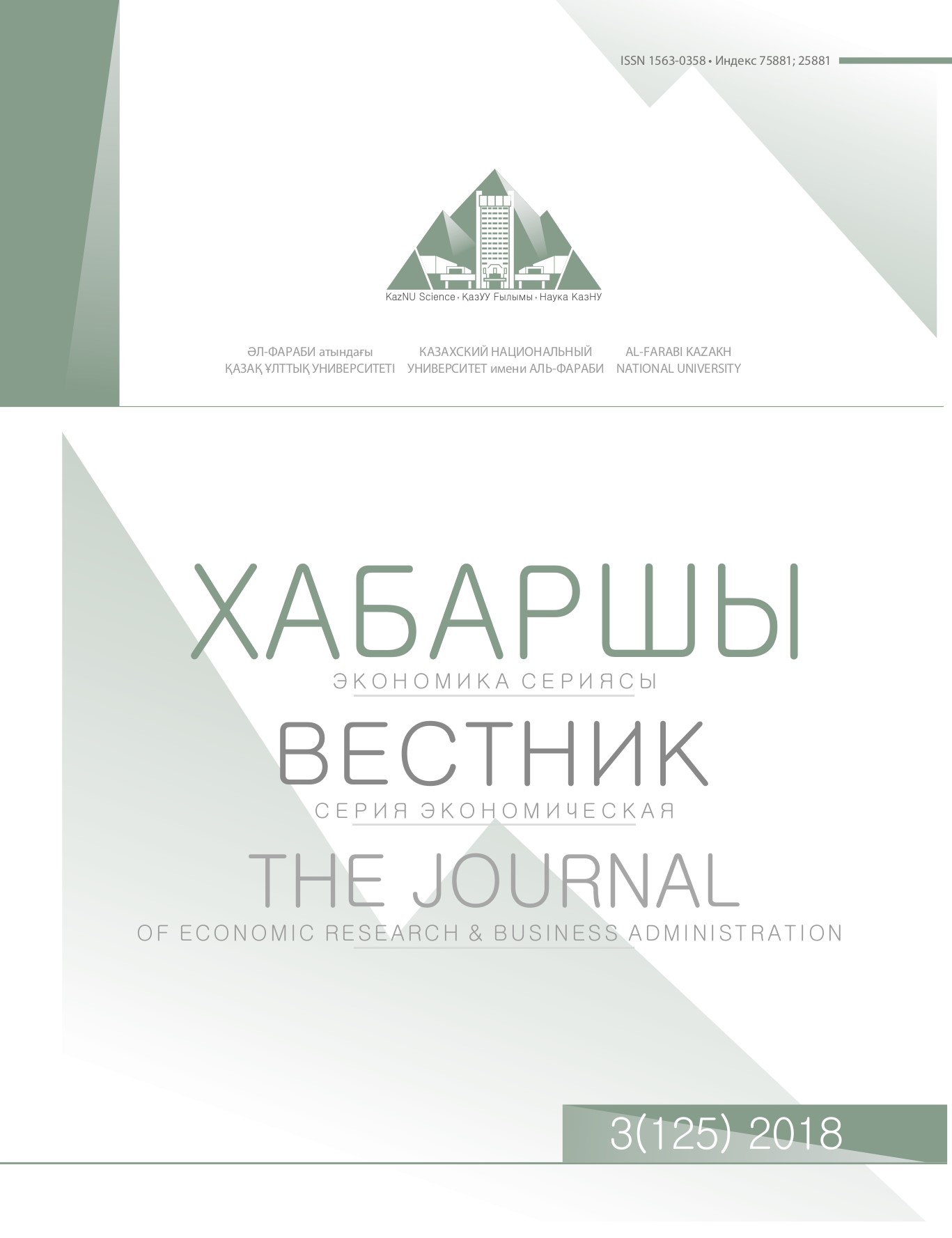Study of the relationship between the economic growth, foreign direct investment, the intensity of R&D and corruption on environmental pollution. The case of Kazakhstan
Аннотация
Investment is a driver of socio-economic transformation of any countries. FDI in emerging market
economy can be mutually beneficial both: for the host country and transnational corporations. In the host
country, transnational corporations provides further financial resources through investments and taxes,
creates jobs and generates spillovers such as the knowledge sharing, technology, management skills and
corporate governance practices. On the other hand, TNCs get access to local market, natural resources
related to specific objects, low labor resource costs and take advantage of bilateral and multilateral trade
policies.
In this paper, we have made a preliminary analysis on the situation of the relationship between the
economic growth and the level of environmental pollutions in Kazakhstan. There is a gap in research
about the relationship between these variables in developing countries, especially between the territories
of the former Soviet Union. We have also been interested in analyzing whether, the perceived
level of corruption and the intensity of research and development activities moderate this relationship,
as their study in these economies not carried out. The special interest is to analyze does the investment
by transnational corporations in these countries is helping or not to reduce environmental pollutions.




